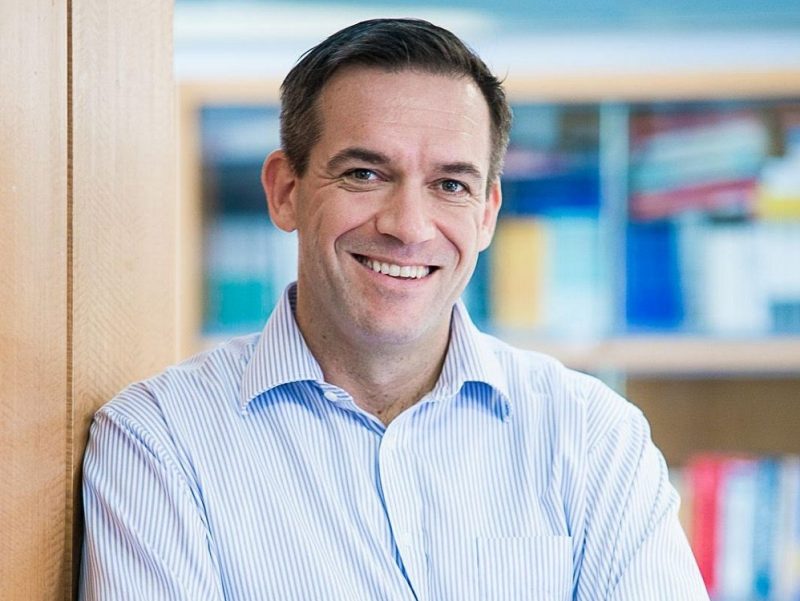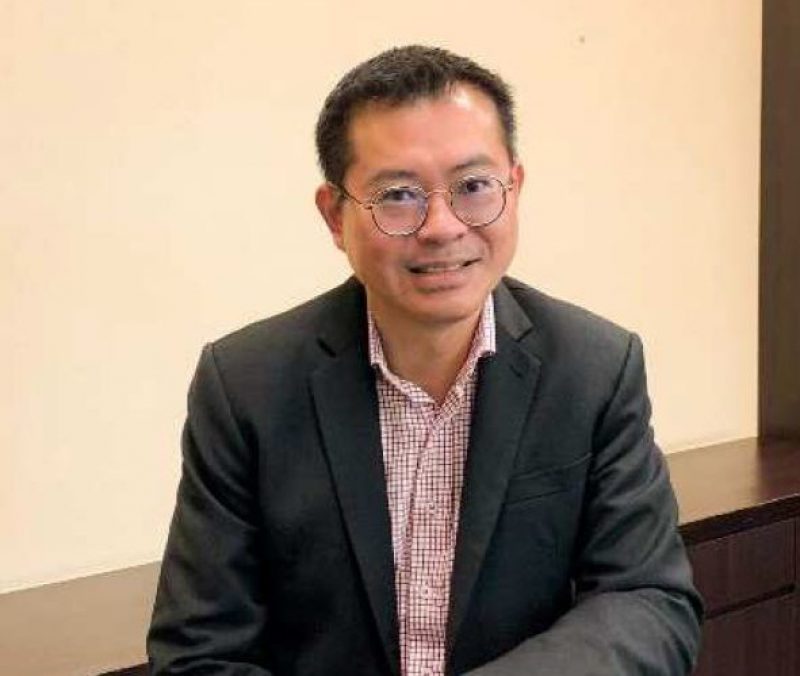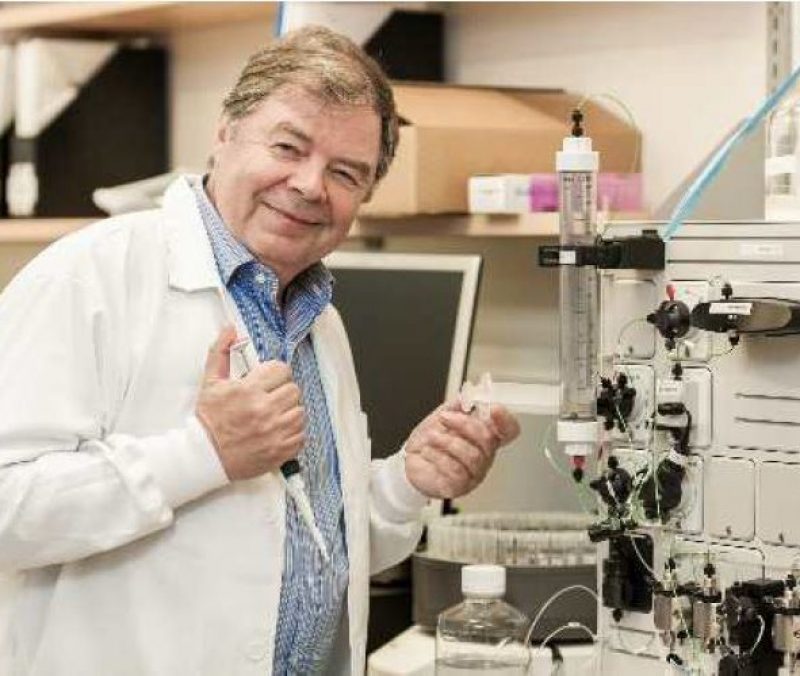Supporting Research Excellence to Improve Health Outcomes in the Region
Subscribe to our newsletter
Subscribe to our newsletter to know more about our activities and info on efforts to support poverty alleviation
Tanoto Foundation Medical Research Fund
Tanoto Foundation supports medical research and development for the purpose of improving health standards in Asia. We believe that our goal of enhancing public health can be realised through collaboration with leading healthcare and research institutions in Singapore. Through building strong partnerships and providing catalytic funding to research initiatives that are scalable innovative and impactful, we hope to bring about an improvement in the overall wellbeing and lifespans of people in Asia and beyond.
Tanoto Foundation’s Medical Research Fund (MRF) is designed to support research excellence and collaborative efforts to generate new knowledge and innovations that will help address prevalent diseases in the region. In its position as the first private philanthropic foundation to launch such a fund, Tanoto Foundation seeks to foster a culture of sustainable giving that amplifies the long-term impact of philanthropic-funded research.
The MRF’s main objectives are to support effective research, catalyse additional funding and cultivate local research talent. To find out more about the MRF, click here.
Professorship Program
Tanoto Foundation Professorships and Research Initiatives
Tanoto Foundation partners with SingHealth Duke-NUS Academic Medical Centre to establish Professorships and Research Initiatives in the areas of Diabetes, Medical Oncology and Cardiovascular Medicine.



Professor Stuart Cook
Cardiovascular Medicine
A recipient of the President's Technology Award in Singapore in 2018, Professor Cook is a leading cardiovascular research expert, having done extensive work in human genetics, heart muscle disease and cardiac imaging. He heads a crossdisciplinary research team at Duke-NUS and the National Heart Research Institute to identify new genes and pathways for heart disease, for better therapeutic targets. Professor Cook led a study in Singapore to find out whether mutations in the titin gene are responsible for heart muscle weakness in Asians. This discovery catalyzed the development of a commercially available, next-generation test kit. The heart-testing device he helped to create in Singapore is used by 10,000 patients a year all over the world.
Just for referenceProfessor Lim Soon Thye
Medical Oncology
Professor Lim’s research focuses on T cell and NK-cell lymphomas because they are more common in Asia compared to the West and are more fatal than B cell lymphomas, yet they are less well studied and treatment options are currently limited. His discovery of genetic mutations associated with T and NK-cell lymphomas has opened up a potential new treatment that targets genetic mutations and reactivates the body’s natural defenses to fight lymphoma cells. He will also continue with epidemiological studies where several of his diagnostic and algorithmic platforms, when validated, can be incorporated into routine clinical workflows in hospital systems.
Professor Karl Tryggvason
Diabetes
Professor Tryggvason’s research findings in gene variants led to the identification of novel genes that may enable scientists and clinicians to identify diabetic patients that are more likely to be affected by kidney, eye, and general blood vessel diseases. Prof Tryggvason’s expertise lies in the structure and function of human cells and how they interact with the extracellular matrix, a complex mesh of proteins and structures which surrounds and connects human cells. In addition, much of the knowledge gained through Prof Tryggvason’s work on diabetes can be modified and are applied to other serious illnesses.

-
childcare,
children development,
Children stimulation,
Tanoto Foundation,
Unlocking Potential
Friday, 22 March 2024
Digital Media ID4
-
#Education,
#Teacher,
Andy F Noya
Thursday, 7 March 2024
Digital Media ID4
Andy F. Noya: Teachers are the Key to Building the Nation's Future
-
IMPA-BRI,
Master Profram,
Tsinghua,
Tsinghua University
Thursday, 29 February 2024
Digital Media ID5
Shaping the Future of Public Policy, Join IMPA-BRI Executive Master’s Program
